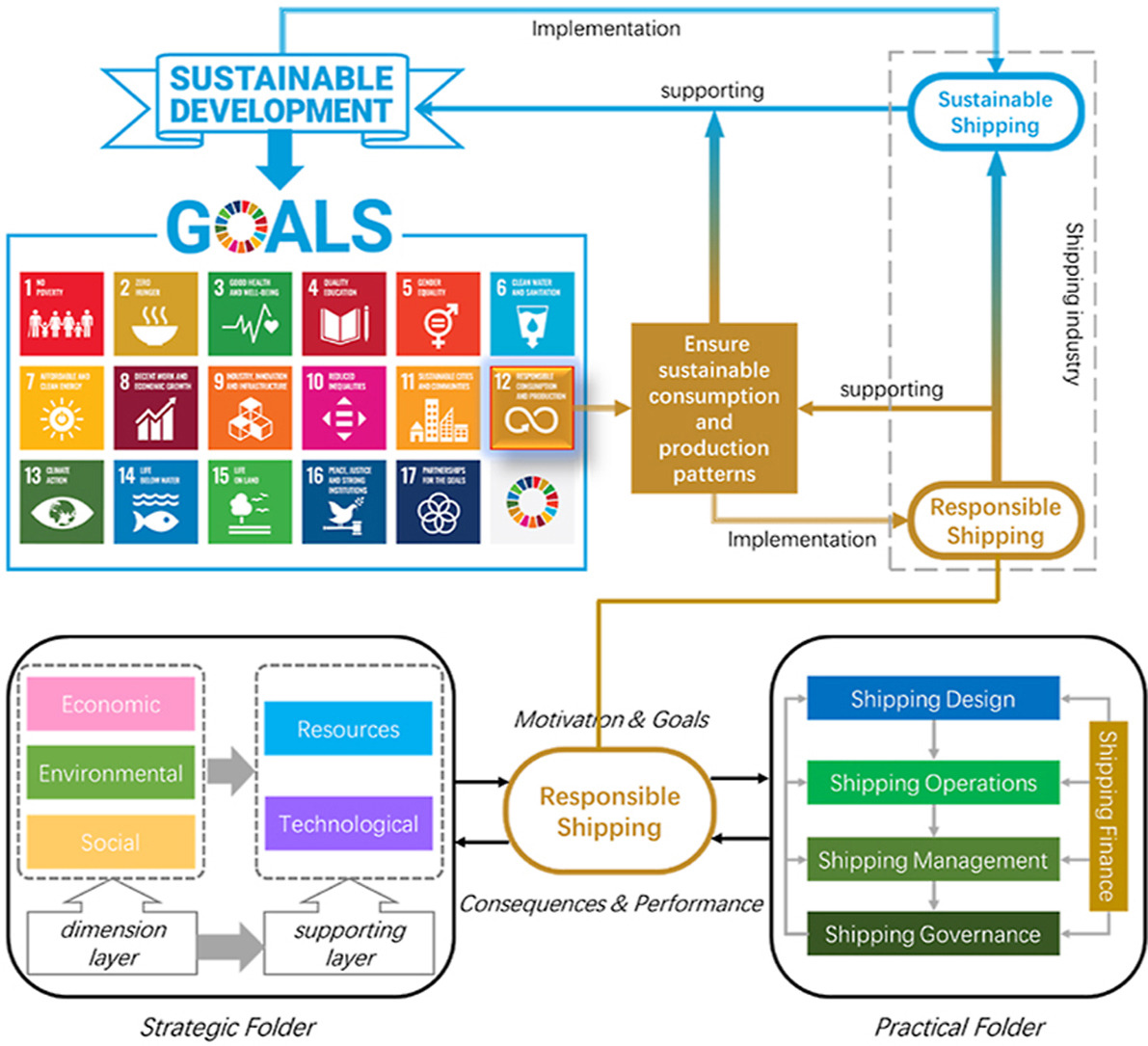Key Performance Indicators (KPIs) are integral tools in measuring progress towards the Sustainable Development Goals (SDGs). They provide quantifiable, actionable data that can be used to assess and track the effectiveness of policies, interventions, and initiatives aimed at achieving the SDGs. Each of the 17 goals has a set of targets and indicators associated with it, enabling stakeholders at all levels—global, national, and local—to monitor advances and identify areas for improvement. For example, for SDG 4 (Quality Education), one of the KPIs might be the "proportion of children achieving minimum proficiency levels in reading and mathematics." By systematically measuring such indicators, organizations and governments can adjust their strategies and actions to better achieve the SDGs. Thus, KPIs serve as vital navigational instruments guiding us on the path to sustainable development.
Partner content
Norway was the first of ten countries to legislate gender quotas for boards of publicly traded firms. There is considerable debate and mixed evidence concerning the implications of female board representation. In this paper, we explain the main sources of biases in the existing literature on the effects of women directors on firm performance and review methods to account for these biases.
Sustainability, Energy and Architecture, Case Studies in Realizing Green Buildings, 2013, Pages 359-385.
Dealing with current and future global challenges, corporate social responsibility has become a key element for sustainable and responsible companies. Roquette, a family-owned group, leader in plant-based ingredients for Food, Nutrition and Health markets, has implemented a sustainable development approach applicable to all its worldwide activities. This “sustainable journey” is based on 4 pillars: sourcing, innovating, biorefining and acting.
At the UN in New York the Open Working Group created by the UN General Assembly proposed a set of global Sustainable Development Goals (SDGs) which comprises 17 goals and 169 targets. Further to that, a preliminary set of 330 indicators was introduced in March 2015. Some SDGs build on preceding Millennium Development Goals while others incorporate new ideas. A critical review has revealed that indicators of varied quality (in terms of the fulfilment certain criteria) have been proposed to assess sustainable development.


